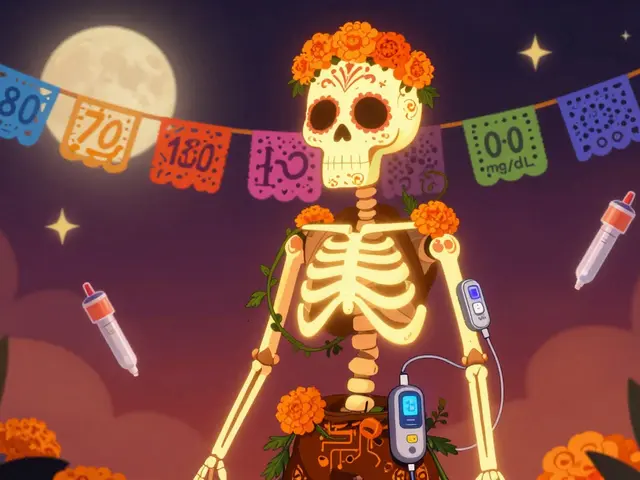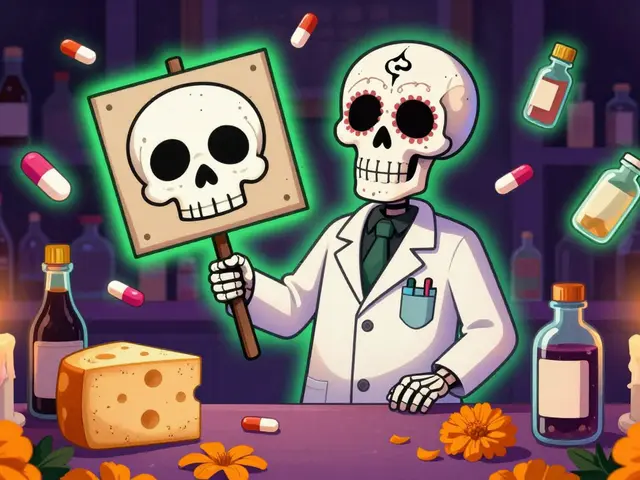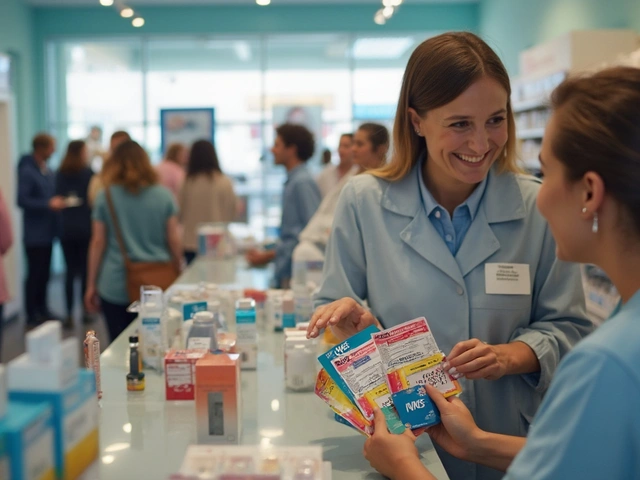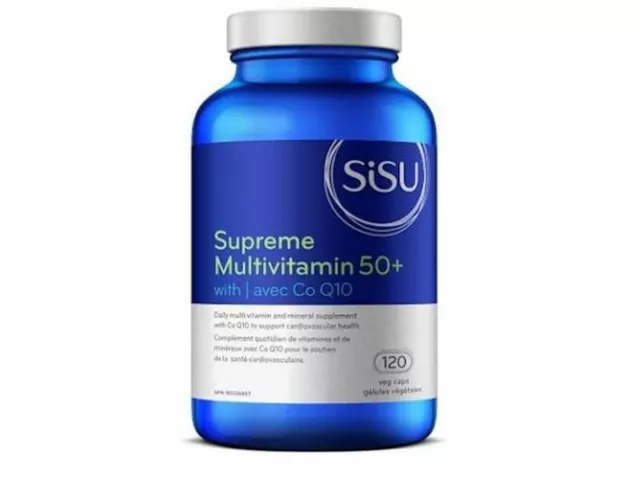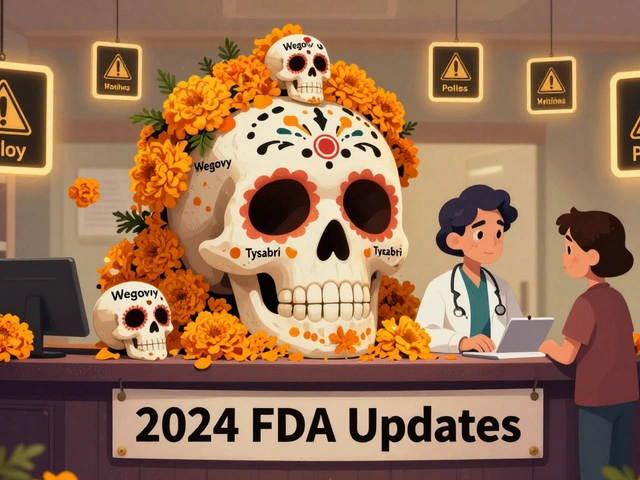Eat: How Food Affects Your Medicines and Recovery
What you eat can change how a medicine works. Some foods make drugs stronger, some make them weaker, and others can cause bad side effects if mixed with certain medicines. Knowing a few clear rules will save you trips to the pharmacy and keep treatment on track.
Food–medicine interactions you should know
Grapefruit and grapefruit juice are a common troublemaker. They can raise levels of certain drugs — like some cholesterol or blood-pressure meds — and cause unwanted side effects. If your medicine leaflet warns about grapefruit, avoid it entirely.
Dairy, calcium, iron and antacids can block absorption of many antibiotics and thyroid pills. For drugs such as doxycycline and some fluoroquinolones, wait at least 2 hours after taking the medicine before having milk, cheese, calcium or iron supplements.
Alcohol mixes badly with a few medicines. Metronidazole (Flagyl) can cause nausea, flushing and fast heart rate when combined with alcohol. Some sedatives and pain medicines also get stronger with alcohol — that raises the risk of accidents.
Vitamin K-rich foods (like kale, spinach and broccoli) affect warfarin. You don’t need to avoid them, but keep your intake consistent so your doctor can adjust dosing. Also watch herbal supplements: St. John's Wort lowers levels of many prescription drugs, including some birth control pills and antidepressants.
Practical eating habits that help treatment
Read the label: “Take with food” usually means the med works better or causes less stomach upset when taken during a meal. “Take on an empty stomach” typically means 1 hour before or 2 hours after eating. When in doubt, take the pill with a full glass of water.
Space minerals and meds. If you take calcium, iron, magnesium or multivitamins, give prescription drugs at least a two-hour window before or after those supplements unless your clinician says otherwise.
If antibiotics make your stomach upset, try small, bland meals and yogurt or fermented foods to help with gut balance. Probiotics taken a few hours after antibiotics may reduce diarrhea for many people, though timing or strains can matter — ask a pharmacist for a quick tip.
Don’t crush or break extended‑release or coated tablets. That changes how fast the drug enters your system and can be dangerous. If swallowing is hard, talk to your pharmacist about alternatives.
Eat to support recovery: lean protein (chicken, beans, eggs), colorful vegetables, whole grains and sources of healthy fats (nuts, olive oil) give the building blocks your body needs. If you’re managing a specific condition — like anemia or vitamin deficiency — choose foods targeted to that need and check with your clinician before adding high-dose supplements.
Questions about a specific medicine? Check the drug guide on Pharmstore.com or ask your pharmacist. A quick 5-minute chat can prevent a bad interaction and keep your treatment working as it should.
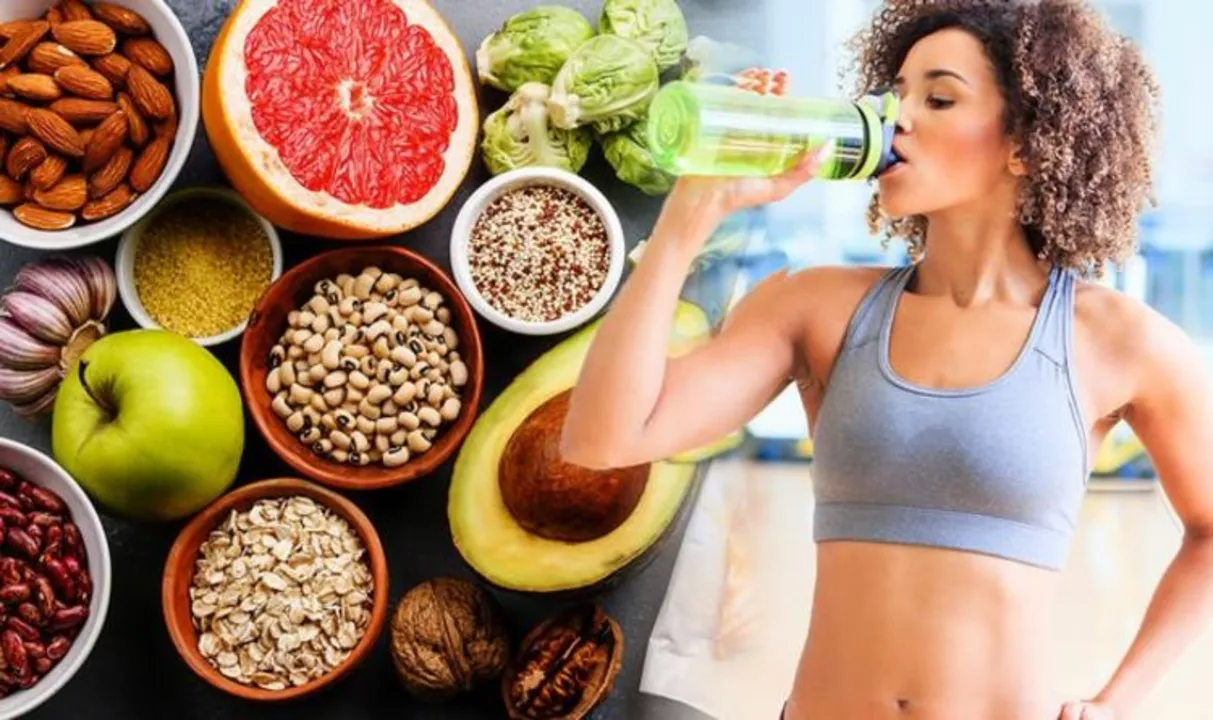
During my treatment with Velpatasvir, I've learned that maintaining a healthy diet is essential for optimal results. I make sure to eat a balanced diet rich in fruits, vegetables, whole grains, and lean proteins to support my body's recovery. It's crucial to avoid alcohol and high-fat foods, as they can interfere with the medication's effectiveness. I also stay hydrated by drinking plenty of water and avoiding excessive caffeine intake. By following these guidelines, I'm able to maximize the benefits of my Velpatasvir treatment and support my overall health.
Chris Gore May 9, 2023
